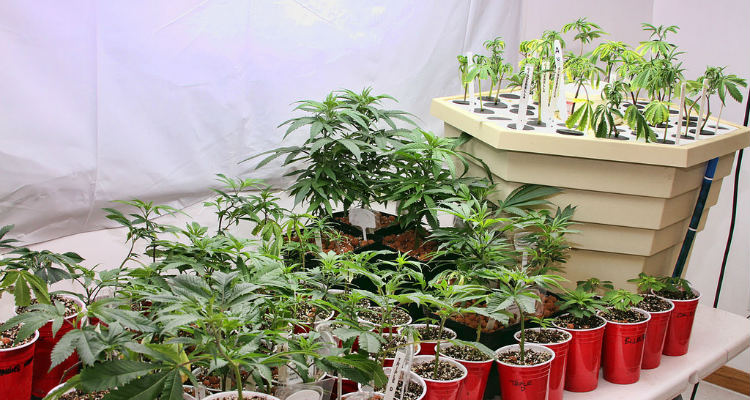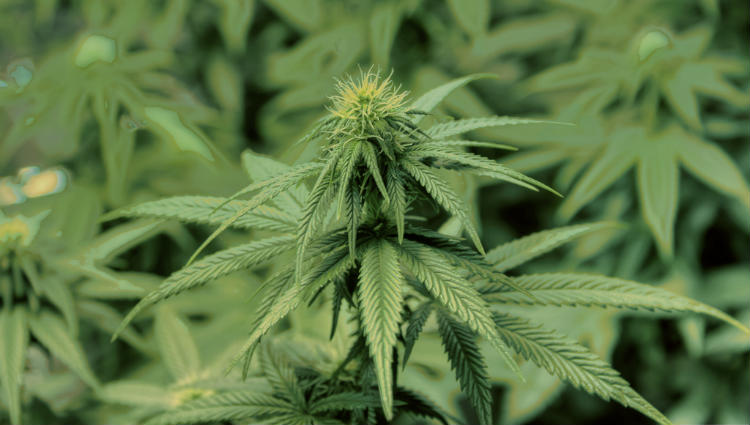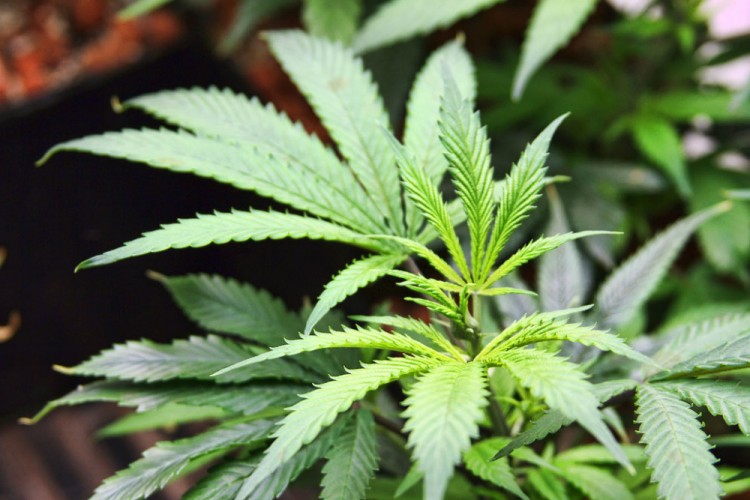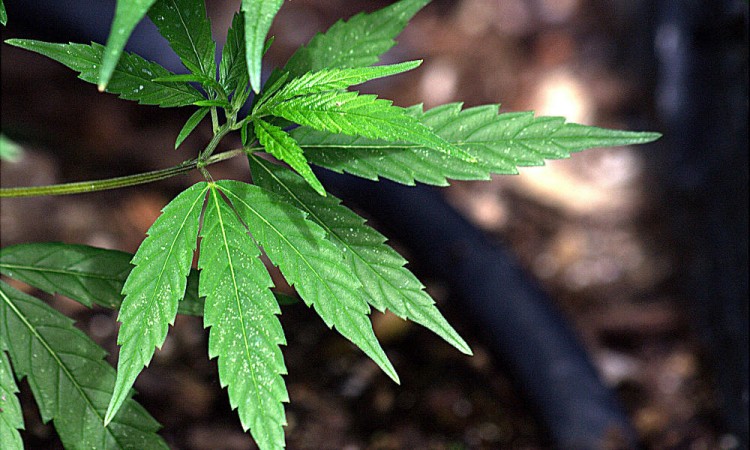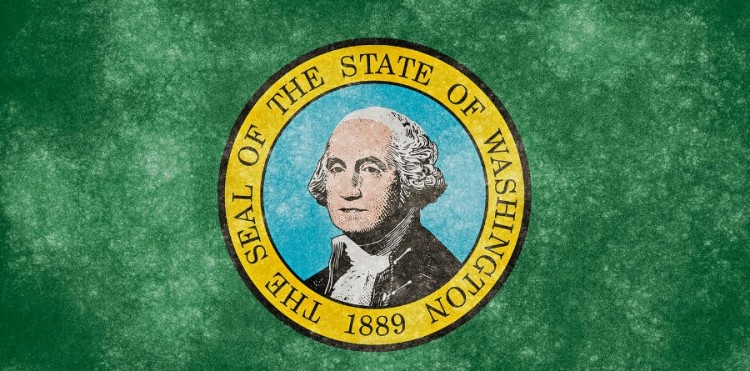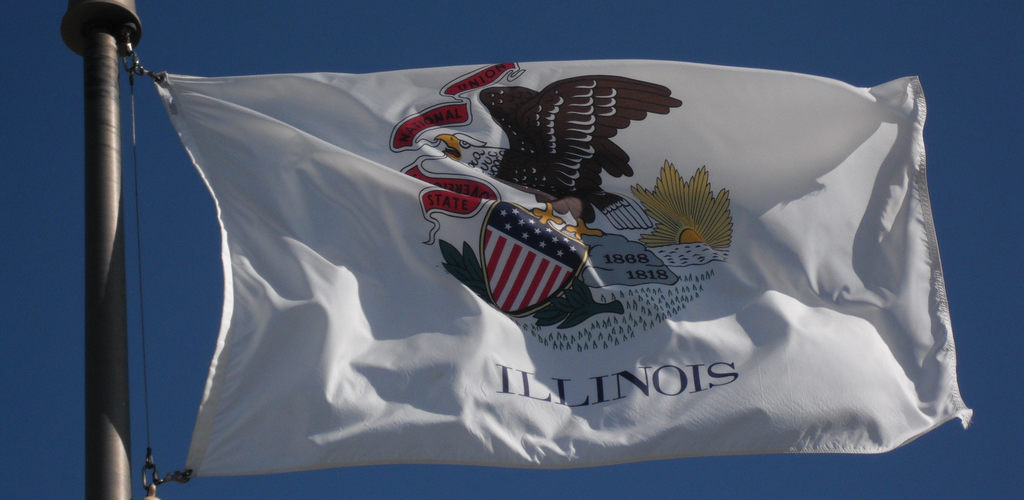A hot topic in the new marijuana mainstream is electricity use. Considering that four states and Washington D.C. have voted for recreational marijuana, half the country has legalized medical marijuana in some form, and that many more legalization laws are expected on the ballot in 2016, the stress on electrical grids from production companies in the marijuana industry is likely to only keep growing.
In 2012, the Weed Blog reported that Arcata, CA was planning to tax growers — who used three times the normal amount of electricity — an extra 45% of their monthly power bill. USA Today reports Boulder, CO has responded to the high demand by placing a tax on power that will result in an extra 100 dollars per kilogram of cannabis. Additionally, the governor of Washington is presenting a cap and trade bill in the next legislative session, which will likely raise electricity costs for large scale growers.
The following are four different ways that growers can start lowering their electricity bills.
The Basics
In a paper entitled “Top 10 Things a Greenhouse Grower Can do to Improve Efficiency,” Penn State’s College of Agricultural Sciences recommends some common sense ideas for improving energy savings. The paper suggests that the biggest energy waster in a greenhouse is often a lack of insulation. This idea can be carried over to the grow room, as well. All pipes, water tanks and walls should be well insulated. In order to better maintain a uniform temperature, growing areas should be completely sealed. Growers can keep their system running as efficient as possible by conducting routine equipment maintenance. It’s also important to keep fan blades dusted, fan louvers airtight when closed, and to closely monitor automated controls like thermostats for malfunctions.
LEDs
Traditionally, indoor marijuana has been grown with High Pressure Sodium (HPS) bulbs and/or Metal Halide lamps. Both use large amounts of energy. Additionally, these bulbs produce extraordinary amounts of heat, which necessitates even more energy to cool grow rooms and extra water to feed thirsty plants. Alternatively, LEDs emit far less heat, and use less electricity. Brian of Busy B LEDs, a commercial LED manufacturer, says “LEDs can save a grower up to 40%…. the biggest cost is upfront.” He continues, “LED light is intense, but it doesn’t spread out like HPS bulbs.” Brian estimates it takes two or three LED lights to cover the same square footage as one HPS. He points out movable track lighting is another way to overcome LED directional issues. Despite the upfront cost, investing in LED technology can save money in the long term.
Solar Panels
Solar power is a great way for commercial growers to offset their energy costs. A grower can expect the panels to last the life of the building, which makes them a great long term investment. According to Chris Herman of Seattle’s Sunergy Systems, a northwest solar panel installation company, a business can expect to pay off the cost of a solar system in four years. Additionally, Chris’ company has decided to cater directly to marijuana growers in the Seattle area. Looking at the public sector, Colorado and Washington have generous State tax credits for new solar customers. Washington State will pay 54 cents per kilowatt per hour (kw/h) for extra electricity produced on locally-manufactured solar modules and inverters. The Federal Government recently extended a plan that provides a 30% tax credit on the installation cost of a solar system. If that wasn’t enough, new solar customers are eligible for a 5 year accelerated appreciation plan. In addition to these government incentives, many solar panel companies offer free installation, making solar even more affordable for growers who want to save on their power bill.
Energy Cooperatives
In this sense, a cooperative is a member-owned group of individuals — or businesses — who have come together under a common purpose to lower costs. Growers who install solar panels can group together to form their own coop, or join existing energy coops in their area. In addition to accumulating large amounts of sellable electricity, these co-ops become a place for members to also exchange ideas, thus strengthening the knowledge base of the community.
In the meantime, Colorado has pledged to use extra tax money to help growers become more efficient and lower the cannabis industry’s impact on the state’s electrical grid. Private companies like Sunergy systems are helping by offering industry-specific deals to marijuana growers. And, with legalization trends continuing the way they are, it may not be long before members of the cannabis industry are recognized as early leaders in sustainable agriculture.
Photo Credit: Joshua Heyer
